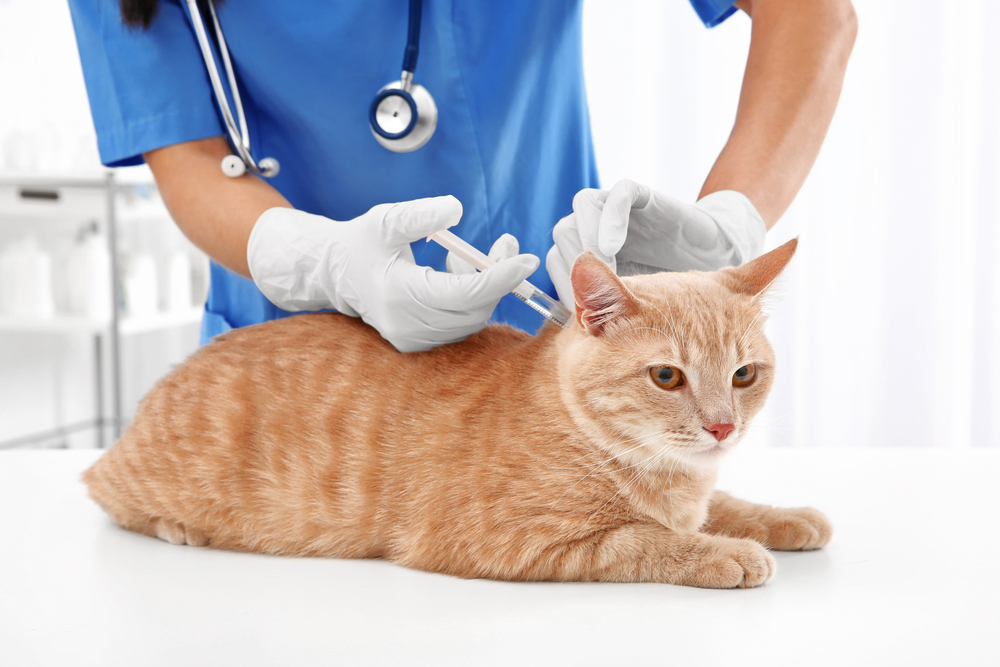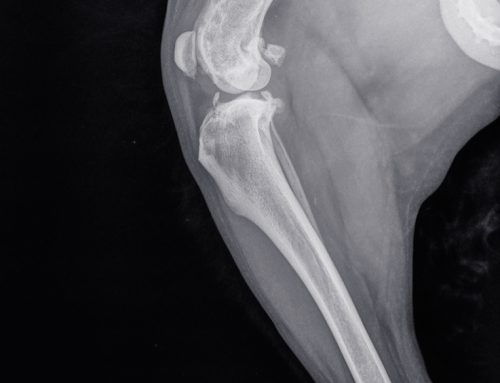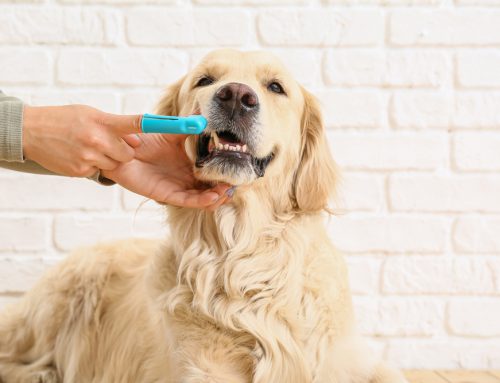Your pet may not have champagne wishes and caviar dreams, but you still want them to thrive and prosper. Our team at Scripps Ranch Veterinary Hospital would like to stress the importance of regularly vaccinating your pet, to ensure they remain happy and healthy. Every pet is different, and not every pet needs every vaccine, so our veterinary professionals will tailor an individualized vaccine regimen for your pet at their next wellness visit. In the meantime, we have compiled a guide to help you understand what pet lifestyles require different vaccines.
All dogs and cats need core vaccines
Core vaccines are defined by the American Veterinary Medical Association as vaccines that:
- Are required by law
- Protect from diseases common in the area
- Protect from diseases that pose a potential public health risk
- Protect from highly infectious diseases
- Protect from severe disease
Canine parvovirus, canine distemper, canine hepatitis, and rabies are considered core vaccines for dogs.
- Canine parvovirus — This is a viral disease that is transmitted by contacting infected feces or contaminated objects. Puppies are most at risk. Signs include fever, vomiting, and severe, sometimes bloody, diarrhea.
- Canine distemper — This viral disease is transmitted by respiratory droplets from an infected dog. Puppies and unvaccinated dogs are most at risk. The first sign is usually watery or thick yellow discharge from the eyes. As the illness progresses, signs include fever, nasal discharge, coughing, lethargy, decreased appetite, and vomiting.
- Canine hepatitis — This viral disease is transmitted by contacting the urine, feces, or saliva from an infected dog. Puppies are most at risk. Signs include fever, lethargy, discharge from the eyes and nose, and vomiting. Abnormal bruising and bleeding may also occur.
- Rabies — This viral disease is transmitted through the bite of an infected animal. Unvaccinated pets are most at risk. Signs include fever, excessive salivation, muscle spasms, incoordination, and paralysis. Once signs appear, rabies is nearly always fatal.
Feline viral rhinotracheitis, calicivirus, panleukopenia, and rabies are considered core vaccines for cats.
- Feline viral rhinotracheitis — This viral disease is transmitted through respiratory droplets from infected cats. Kittens and unvaccinated cats are most at risk. Signs include fever, nasal discharge, conjunctivitis, and sneezing.
- Calicivirus — This contagious virus is transmitted through the respiratory droplets of infected animals and causes respiratory disease, characterized by oral and nasal ulcers.
- Panleukopenia — Caused by the feline parvovirus, this contagious disease is transmitted by contacting the urine, feces, and nasal secretions from an infected cat. Kittens and unvaccinated cats are most at risk. Signs include fever, lethargy, vomiting, diarrhea, and nasal discharge.
- Rabies — This deadly virus affects cats the same way as dogs.
What if your dog is a social butterfly?
If your dog never meets a stranger, and loves spending time at dog parks, grooming parlors, dog shows, and doggy day care facilities, they will need a few extra vaccines to ensure they are protected.
- Canine influenza virus — A viral infection that causes respiratory signs
- Parainfluenza virus — A viral disease that also causes respiratory signs
- Bordetella bronchiseptica — This bacterial disease, also known as kennel cough, causes respiratory signs.
What if your dog loves to explore?
If your dog is adventuresome and loves to dive in every puddle and stick their head in every hole, these vaccines may be necessary, to prevent serious illness:
- Leptospirosis — This bacterial disease is transmitted by drinking or contacting water contaminated by infected urine. Signs include fever, lethargy, jaundice, and muscle pain.
- Western diamondback rattlesnake — This vaccine can help lessen the effects of the venom if your dog is bitten by certain rattlesnake species.
- Lyme disease — This bacterial disease is transmitted by the black-legged tick. Signs include fever, lethargy, and joint swelling and pain.
What if your cat adventures outdoors or is a social butterfly?
If your cat spends time outdoors or frequents boarding facilities, grooming parlors, or cat shows, they will need a few extra vaccines to keep them protected.
- Feline leukemia — This viral infection is transmitted through close contact with an infected cat. The disease weakens the immune system, and can cause life-long chronic illness.
- Chlamydophila felis — This bacterial disease causes respiratory infection and conjunctivitis.
- Bordetella bronchiseptica — This bacterial disease causes respiratory signs.
- Feline infectious peritonitis — This viral disease, which causes fluid buildup in the chest and abdominal cavities, is fatal.
Will my pet’s lifestyle be negatively affected by vaccinations?

The benefits of vaccinating your pet far outweigh the risks. Dangerous allergic reactions can occur, but rarely. The most common adverse effect from a vaccination is swelling and tenderness at the injection site. You also may need to keep your pet’s social calendar open the day following their vaccinations, because they may have a mild fever and lethargy, but feeling a little under the weather is far preferable to dying from a devastating disease.
Regular vaccination is the most reliable method to prevent disease, and poses few risks for your pet. If you would like to get your pet up to date on their vaccines, or to discuss elective vaccines they may need, do not hesitate to contact our team at Scripps Ranch Veterinary Hospital to schedule an appointment.





Leave A Comment